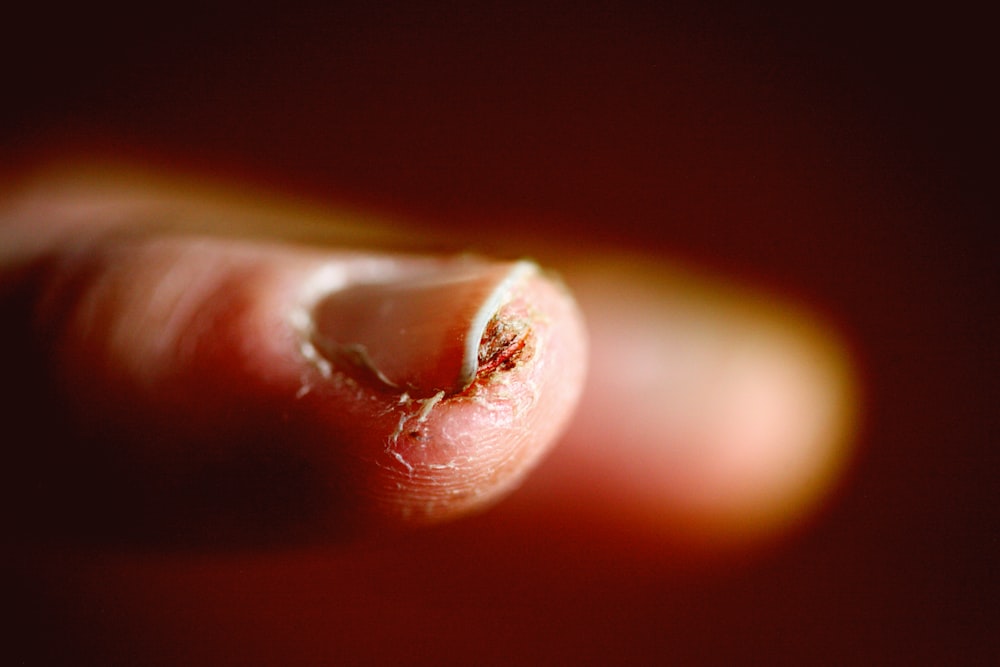A certain amount of self-soothing is perfectly normal in infants, toddler and even children. If our children didn’t learn to self-soothe, they would have no way to comfort themselves and you’d be up at all hours of the night (even more than you currently are) looking after them. Comfort habits develop for this precise reason – so they can learn to look after themselves.
Some common comfort habits include:
Thumb sucking
Dummy using
Rocking back and forth
Head banging
Hair twirling
Blanket stroking
Or sometimes a combo of a few of these.

Self-comforting traits are often used at bedtime, and a lot of children will naturally grow out of this habit themselves, with the frequency of it gradually reducing until it is only used in the home, at bedtime or when they’re upset. For most it will fade all together, most often between the ages 6 to 8 as they develop self-control and an awareness of peer pressure.
But what happens when the habit doesn’t seem to be phasing out of their behaviour? When they’re in playschool and suddenly big school and they’re still thumb sucking or requesting dummies or dragging their blanket with them everywhere? When they start to get funny looks or the other parents make comments?
How much should we be intervening, if this is something they feel they need? When is the right time to step in?
Experts are divided about the comfort habit issue. Some worry that the child is overly reliant on the habit and that it can follow them well into teen years. This turn (depending on the nature of the habit) can have different effects down the line. Some experts say that thumb or dummy sucking for example can impact how a child’s teeth grow in, making them slanted or at an odd angle. Speech and language therapists worry that they can affect a child’s linguistic and social skills, by the simple fact that having something in your mouth prevents or exempts you from having to take part in or be included in conversations and social interactions.
Many say that the habit is fine until it begins to be an impediment. If they self-soothe at night when they need it, that’s fine. But once they start to self-soothe rather than interact or be soothed or played with by a parent or carer or beloved peer, that’s when it’s time to do something about it. If children or toddlers are doing this, it can mean they aren’t finding satisfaction in the activities or people around them. An extra dose of attention and stimulation can help with this and it should soon replace the self-soothing.
The first step is to ignore it! As simple as it sounds, it’s an effective method. External factors like peer pressure, self-awareness and inconvenience will begin to kick in and the child will slowly phase the habit out themselves. For example, they may not want to use their self-comforting blanket in front of cousins at a family event, or don’t want to bring it to class to use in front of peers. Slowly, their dependence on it will diminish, which is what happens with most children.
If you attempt to stop them or ridicule the habit, it can cause them to lean further into it for comfort or relief from the tension or ridicule in the confrontation.
However, praise can work where tough love doesn’t. Talk about the habit together and how it’s something they might start trying to move away from or leave behind, and how they will be rewarded if they try. It won’t be an instant fix, but over time, if you notice an extended period where the habit has decreased in frequency or intensity, reward them in the way you discussed – a trip to the cinema, a extra hour of screen time, a new book – and it will reinforce that behaviour.
Using things like star charts that have concrete goals to work toward are always a great idea for younger children, as abstract progress isn’t always something they understand. But seeing a star next to each day they achieved something can have a positive effect on their behaviour.
Children who have comfort habits that cause pain like excessive nail biting to the point of bleeding or head banging need to seek further help from their GP to investigate why this behaviour is being resorted to and to figure out a way to stop it.











